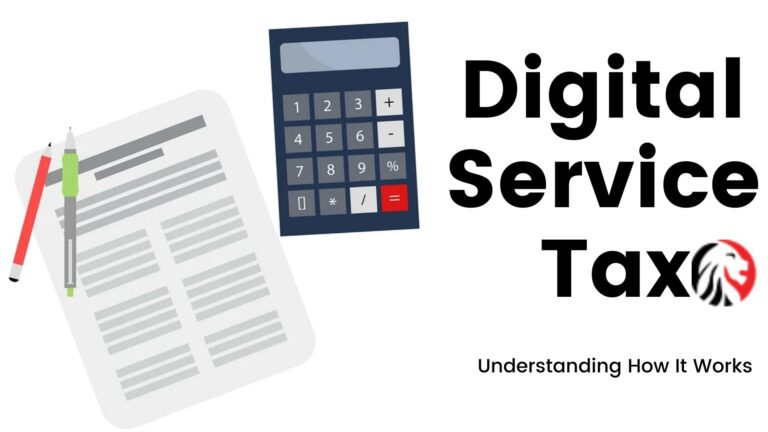Digital Service Tax
Introduction
In 2019, Kenya introduced tax measures to effectively tax the income derived from digital platforms. In the 2020-21 budget statement, the Cabinet Secretary for the National Treasury and Planning (the CS) reiterated the Government’s desire to tax the digital economy and proposed that digital service tax (DST) be taxed at the rate of 1.5 per cent. This was enacted into law via the Finance Act 2020 (the Finance Act) which amended the Income Tax Act (Chapter 470, Laws of Kenya) (ITA) to introduce DST provisions effective from 1 January 2021. The provisions provide that DST is a tax payable by a person whose income from the provision of services is derived from or accrues in Kenya from a digital marketplace. The CS has also promulgated the Income Tax (Digital Service Tax) Regulations, 2020 (the Regulations) to regulate the way the DST will be determined and paid.
Main contents of the Regulations
The salient provisions of the Regulations are described below.
1. Scope of Taxable Services
The Regulations describe in detail the type of digital services that will be subject to the DST. These include:
- Streaming and downloading services of digital content, including but not limited to movies, videos, music, applications, online games and e-books;
- Transmission of data collected about users which has been generated from such user’s activities on a digital marketplace, however monetized;
- Provision of a digital marketplace, website or other online applications that link buyers and sellers;
- Subscription based media including news, magazines and journals;
- Electronic data management including website hosting, online data warehousing, file sharing and cloud storage services;
- Supply of search engine and automated help-desk services including supply of customized search engine services;
- Tickets bought for live events, theatres, restaurants etc. purchased through the internet;
- Online distance teaching via prerecorded medium or e learning, including online courses; and
- Any other service provided or delivered through an online digital or electronic platform excluding any service whose payment is subject to withholding tax under the ITA.
2. Application of DST
DST shall apply to the income of a resident or non-resident person derived or accrued in Kenya from the provision of services through a digital marketplace.
The Regulations require that where a resident or non-resident person with a permanent establishment in Kenya provides digital services through a digital marketplace, the person shall offset the digital service tax paid against the tax payable for that year of income.
3. Determination of User Location
The Regulations provide that a person shall be subject to DST if the person provides or facilitates provision of a service to a user who is located in Kenya. The Regulations set out in detail the criteria to be used to determine whether a user is located in Kenya.
4. Gross Transaction Value
The Regulations provide that DST shall be imposed on the gross transaction value of the transaction. The gross transaction value is dependent on whether one is a digital service provider where the DST will be on the payment received as consideration for the services and in the case of a digital marketplace provider, the commission or fee paid for the use of the platform. In either case, the gross taxable amount shall be less any Value Added Tax charged for the service.
5. Accounting and Payment
The Regulations provide that the payment of DST shall be the liability of the digital service provider or any person that collects the payment for digital services. DST shall be due and payable at the time of the transfer of the payment for the service to the service provider.
The Regulations also provide that the digital service provider or their tax representative shall be required to submit a return indicating the value of transactions and the tax remitted by the twentieth day of the month following the end of the month that the digital service was offered.
6. Keeping of Records
The Regulations require that a person required to deduct, account, and remit the DST shall be required to keep records for a period of five years from the end of the reporting period to which it relates or such shorter period as may be specified in a tax law.
7. Offences and Penalties
To ensure that there is compliance in the payment of the DST, the Regulations provide that a person who fails to comply risks restriction of access to the digital marketplace in Kenya until such obligations are fulfilled. This is in addition to other fines imposed on failure to pay income tax, failure to keep tax records, late payment of taxes, among others.
It remains to be seen how the Kenya Revenue Authority will monitor and ensure smooth implementation of the payment of the DST.
If you have any queries regarding the tax practice area generally, please do not hesitate to contact Bernard Musyoka at bmusyoka@mwc.legal. Please note that this e-alert is meant for general information only and should not be relied upon without seeking specific subject matter legal advice.







